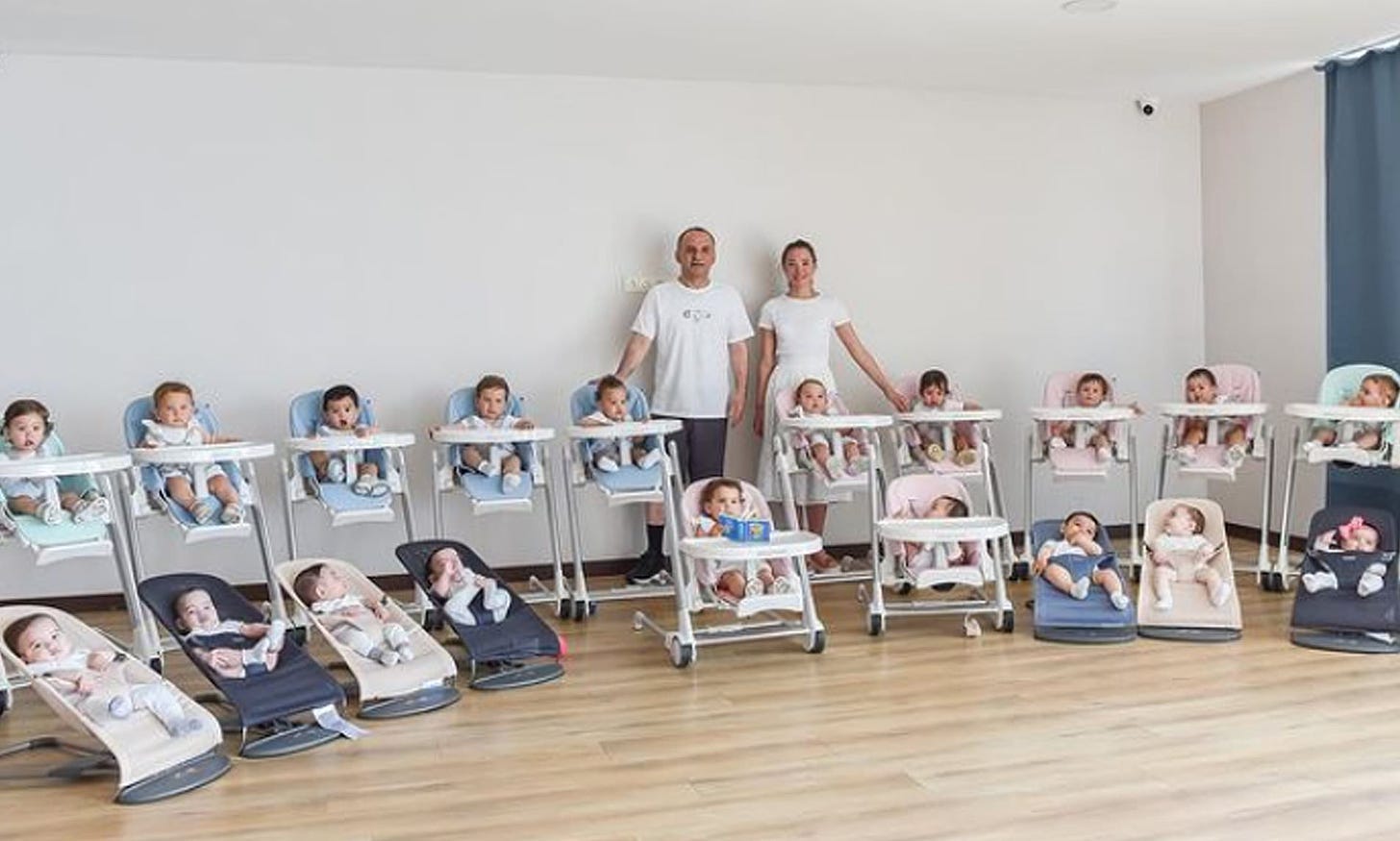Things To Be Bought And Sold
What happens when you can create a baby, without creating a mother?

The following is a slightly expanded version of my opening remarks for a panel on artificial gestation, titled “A Radical Step To Gender Equality?”, at last weekend’s How The Light Gets In festival in London.


